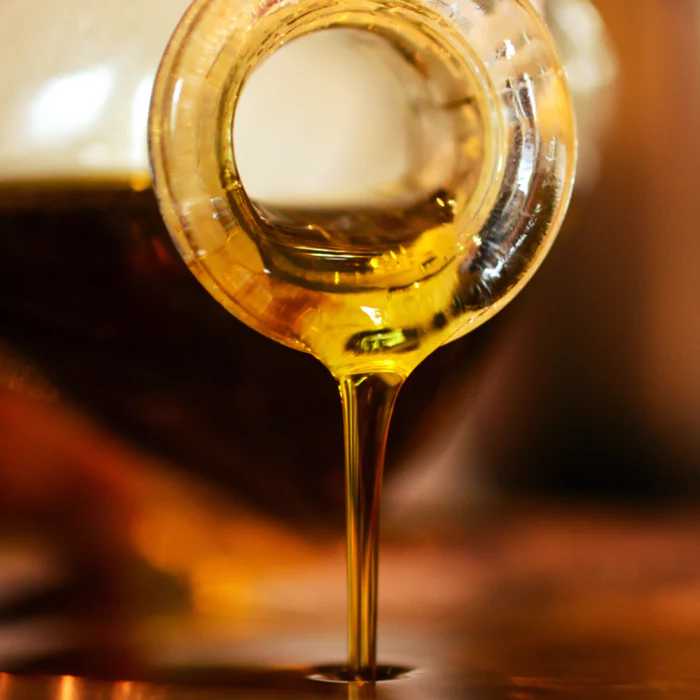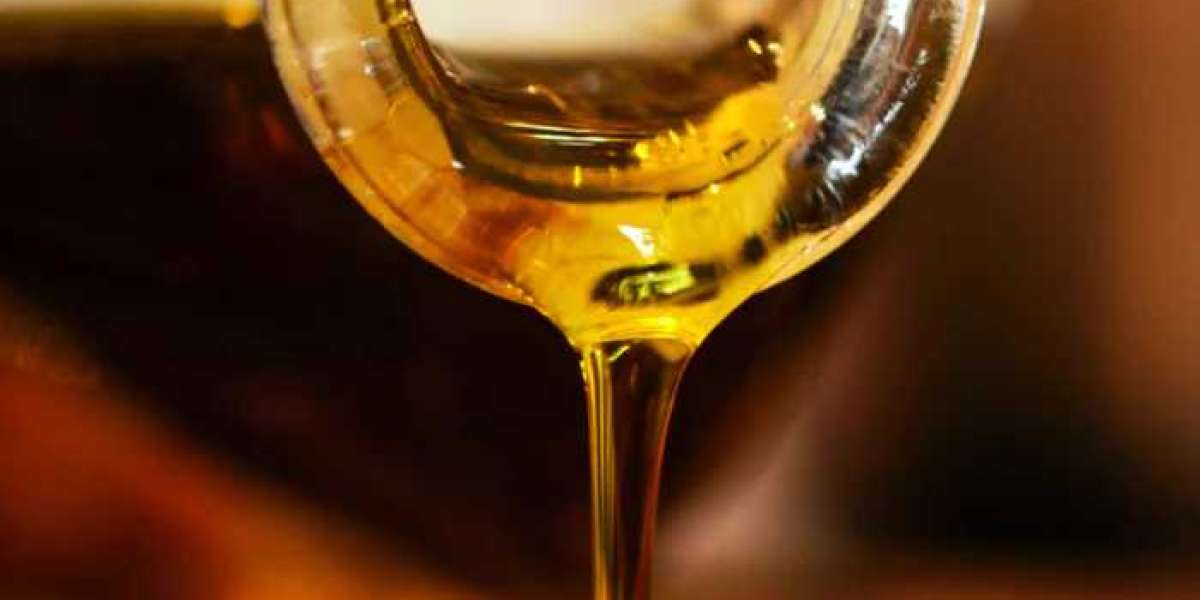Introduction
In recent years, there has been a growing trend towards using natural and unprocessed oils in cooking and skincare. Among the various options available, cold-pressed and wood-pressed oils have gained significant attention for their purported health benefits. But what exactly sets these two methods apart, and which one should you choose? In this comprehensive guide, we'll delve into the key differences between cold-pressed and wood-pressed oils and explore their potential impact on your health and well-being.

Understanding Cold Pressed Oils
What is Cold Pressed Oil?
Cold pressing is a method of extracting oil from seeds or nuts without the use of heat or chemicals. Instead, mechanical pressure is applied to the raw ingredients to extract the oil, preserving its natural flavor, aroma, and nutritional properties. This gentle extraction process ensures that the oil retains its original nutrients, antioxidants, and fatty acids, making it a popular choice among health-conscious consumers.
Benefits of Cold Pressed Oil
- Retains Nutritional Integrity: Cold pressing preserves the natural nutrients and bioactive compounds present in the seeds or nuts, including vitamins, minerals, and phytochemicals.
- Rich in Antioxidants: Cold pressed oils are packed with antioxidants, which help protect the body against oxidative stress and inflammation.
- Heart-Healthy Fats: Cold pressed oils contain healthy fats, such as omega-3 and omega-6 fatty acids, which have been linked to improved heart health and reduced risk of chronic diseases.
Common Types of Cold Pressed Oils
- Cold Pressed Coconut Oil: Known for its versatile uses in cooking, skincare, and haircare, cold pressed coconut oil is prized for its moisturizing properties and mild, nutty flavor.
- Cold Pressed Olive Oil: A staple in Mediterranean cuisine, cold pressed olive oil is celebrated for its rich flavor profile and numerous health benefits, including reduced inflammation and improved cholesterol levels.
Understanding Wood Pressed Oils
What is Wood Pressed Oil?
Wood pressing, also known as ghani or marachekku extraction, is a traditional method of oil extraction that involves crushing seeds or nuts using a wooden press. Unlike modern hydraulic or expeller pressing methods, wood pressing utilizes wooden barrels to apply pressure, resulting in a slow and gentle extraction process.
Benefits of Wood Pressed Oil
- Preserves Natural Flavor: Wood pressing retains the natural flavor and aroma of the seeds or nuts, enhancing the taste of the oil and making it ideal for culinary use.
- Chemical-Free Extraction: Wood pressed oils are free from chemical solvents or additives, ensuring purity and authenticity.
- Environmentally Friendly: Wood pressing is an eco-friendly method of oil extraction, as it requires minimal energy and produces less waste compared to industrial processes.
Common Types of Wood Pressed Oils
- Wood Pressed Sesame Oil: Popular in Asian cuisine, wood pressed sesame oil is prized for its distinct nutty flavor and high smoke point, making it suitable for frying and sautéing.
- Wood Pressed Groundnut Oil: Also known as peanut oil, wood pressed groundnut oil is valued for its mild flavor and versatility in cooking, from stir-fries to salad dressings.
Choosing Between Cold Pressed and Wood Pressed Oils
When it comes to choosing between cold pressed and wood pressed oils, both methods offer distinct advantages. Cold pressed oils are prized for their nutrient retention and antioxidant properties, while wood pressed oils are celebrated for their natural flavor and chemical-free extraction process. Ultimately, the choice between the two depends on personal preferences, culinary needs, and health goals.
Conclusion
In conclusion, the difference between cold pressed and wood pressed oils lies in their extraction methods and resulting characteristics. While cold pressing preserves the natural nutrients and antioxidants of the oil, wood pressing enhances its flavor and purity. Whether you opt for cold pressed coconut oil or wood pressed sesame oil, incorporating natural and unprocessed oils into your diet can offer numerous health benefits and elevate your culinary creations.
FAQs about Cold Pressed and Wood Pressed Oils
- Are cold pressed oils better than wood pressed oils?
- Both cold pressed and wood pressed oils offer unique benefits, so the choice depends on individual preferences and dietary needs.
- Can cold pressed oils be used for cooking?
- Yes, cold pressed oils are suitable for cooking, as they retain their nutritional integrity and flavor when exposed to heat.
- Are wood pressed oils healthier than refined oils?
- Wood pressed oils are often considered healthier than refined oils, as they undergo minimal processing and retain their natural nutrients and antioxidants.
- Can wood pressed oils be stored for long periods?
- Yes, wood pressed oils can be stored for extended periods if stored properly in a cool, dark place away from direct sunlight and heat sources.
- Do cold pressed and wood pressed oils have a longer shelf life than refined oils?
- Cold pressed and wood pressed oils may have shorter shelf lives compared to refined oils due to their higher levels of natural antioxidants and fatty acids.It's vital to store them appropriately to keep up with newness and quality.



